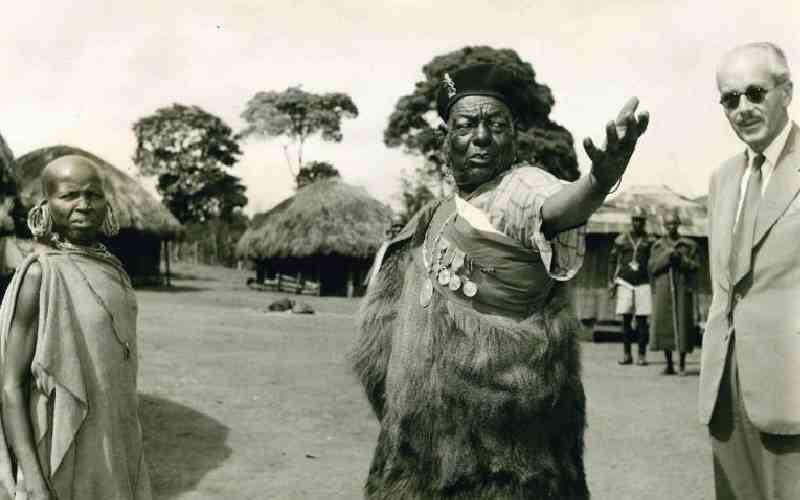×
The Standard e-Paper
Fearless, Trusted News

History seems to be repeating itself and Kenyans should brace themselves for a new dawn where an all-powerful chief will superintend proceedings in every village. This follows a government directive to allocate each chief six police officers.
At the height of their notoriety, the chief was a symbol of the government's authority and was so powerful that he could banish one from his home or location.